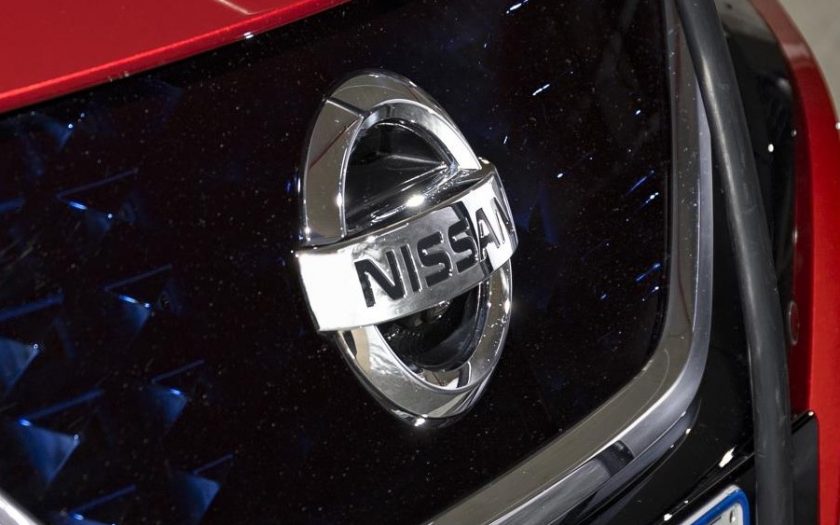WE CAN THANK the Koreans, and especially Hyundai in the first instance and more lately Kia, for the longer warranties now being offered by all of the Top 10 car brands.
The last hold-out was Nissan, who persisted with their three-year warranty when all around them had succumbed to offer at least five years of coverage. Nissan’s five-year warranty commences immediately (1 April 2019) and includes complimentary roadside assistance during the warranty period. The longer warranty will also apply to the new Nissan LEAF when it arrives in August.
Meanwhile, Kia continues to set the benchmark with an industry-leading seven year/unlimited kilometre warranty. Some of the others such as Honda and Mitsubishi up the ante to seven years on occasion during sales promotions. Well outside the Top 10 (but obviously with some aspirations, another Korean car company, SsangYong, also moved to a 7-year warranty (plus seven years road cover and seven-year service pricing deal).
Two years ago, just three major brands were offering anything more than the standard three-year warranty, so that’s a big improvement.
Meanwhile, the first company in Australia (way back in 1999) to offer a five-year warranty, Hyundai is considering offering extended coverage because five years has now become the norm.
That raises an interesting issue, however. For some reason, luxury brands have resisted the push for longer warranties. Even Audi and Lexus, despite their sister brands, Volkswagen and Toyota now offering five-year warranties, continue to deliver cars with less coverage. Lexus comes with a four-year/100,000km warranty.
Other luxury brands are even worse, with Audi, BMW, Mercedes-Benz and Jaguar Land Rover resolutely holding out with three-year warranties. Ironically, Audi has been known to offer a five-year warranty during sales promotions.
Despite the warranty offered, consumers have rights under Australian Consumer Law, specifically rights to a remedy that don’t expire with the warranty. Australian Consumer Law is quite clear that goods, and that includes motor vehicles, must last “a reasonable amount of time”.
In a sign of good faith, several brands (Alfa Romeo, Chrysler, Fiat, Ford, Holden, Hyundai, Jeep and Volkswagen) have signed court-enforceable undertakings to handle customer complaints in a more efficient and sympathetic manner. It is already common practice that customers can expect a refund or replacement should a fault cause a brand-new car to become undriveable within the first 60 days of ownership.
